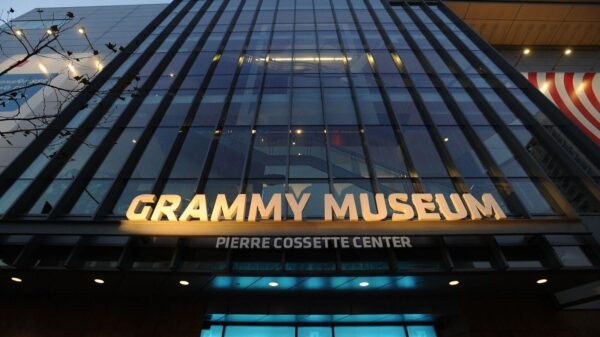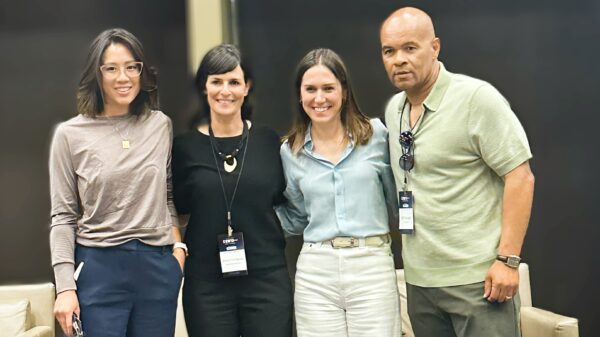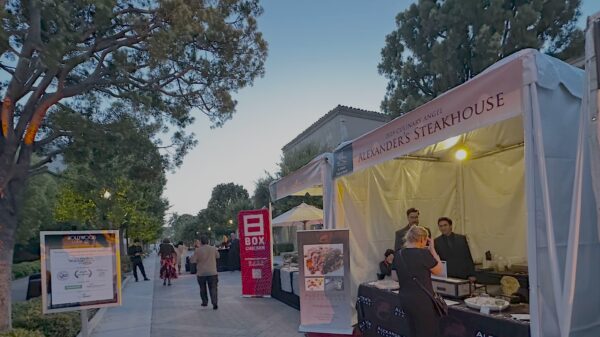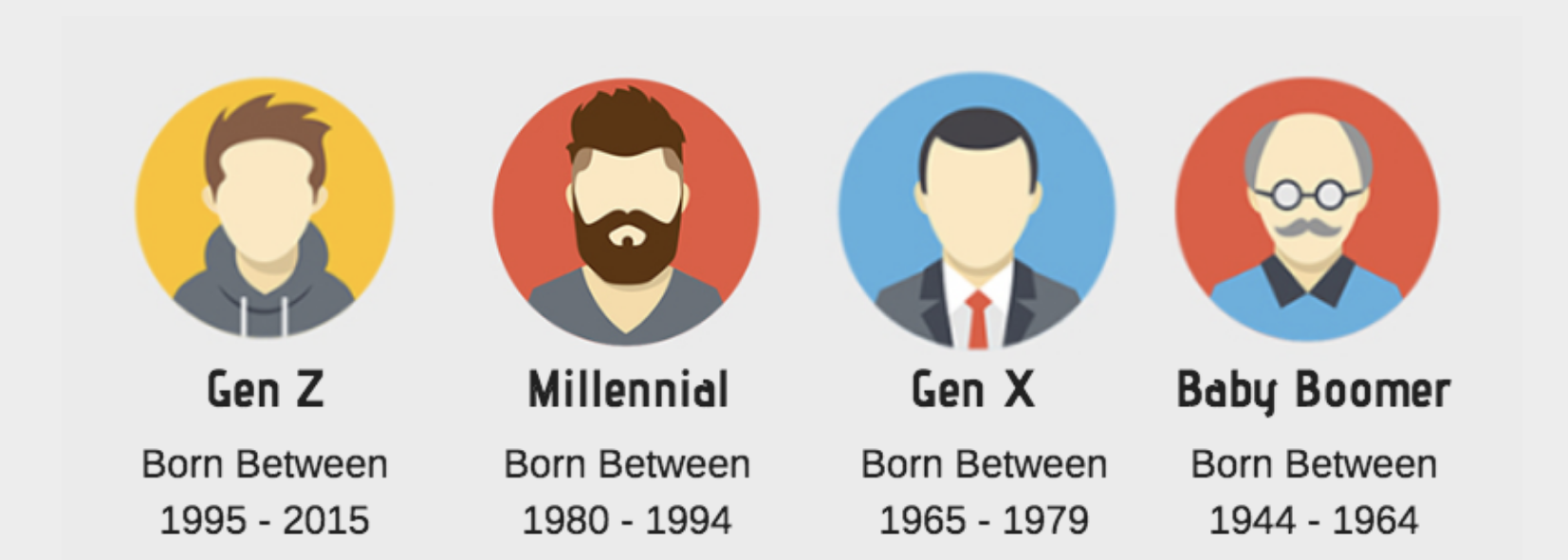The composer’s four symphonies have been recorded for Deutsche Grammophon in landmark interpretations by the Los Angeles Philharmonic and its Music & Artistic Director Gustavo Dudamel. Scheduled for digital release on August 28, 2020,Charles Ives – Complete Symphonies was recorded in February during highly acclaimed concert performances at Walt Disney Concert Hall, captured just weeks before the world went into Covid-19 lockdown.
Charles Ives – Complete Symphonies offers fresh insights into the music of a radical thinker, creator of what Leonard Bernstein called “his own private musical revolution.” Maestro Dudamel’s special affinity for the composer’s symphonies and the performance of the Los Angeles Philharmonic earned rave reviews during the orchestra’s Ives-Dvořák festival earlier this year. “It was, in its every gesture, vibrantly, rapturously, outrageously American,” commented the Los Angeles Times on their performance of the First Symphony.
Charles Ives – Complete Symphonies represents a significant new addition to the Deutsche Grammophon catalog. The Yellow Label’s album opens with the First Symphony, written between 1898 and 1908 but not performed complete until 1953. The five-movement Second Symphony (c.1907-09 with later revisions) underlines Ives’ maverick status with its ultra-progressive combination of European classical and American popular influences. Subtitled “The Camp Meeting,” the Third Symphony (1908-11) received the Pulitzer Prize for Music in 1947, noted for its nostalgic reflections on the hymns, marches and campfire tunes of the composer’s New England childhood. The Fourth Symphony (c.1912-18 with later revisions) received its premiere in 1965, more than a decade after Ives’ death, and remains a benchmark of musical invention, ingenuity and ambition.
About the Composer: Charles Ives was born in 1874 in Danbury, Connecticut. His father was the youngest bandmaster in the Union Army during the American Civil War and encouraged his son to make music. Young Ives also excelled at baseball and American football. He received a solid grounding in harmony and counterpoint from his composition professor at Yale University, and ran experiments in mixing different types of music with the Hyperion Theater Orchestra. Ives made his living in the insurance business and composed in his spare time, a practical arrangement that delivered great creative freedom. This staunchly independent thinker synthesized the American folk tunes and hymns of his childhood with his own aesthetic, using techniques such as bitonality and polyrhythms decades before they entered the standard 20th-century composition toolbox to create a unique sound and a personal voice – truly, an American original.






























